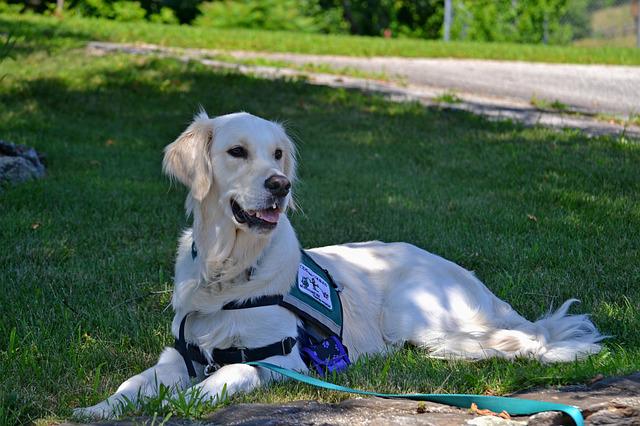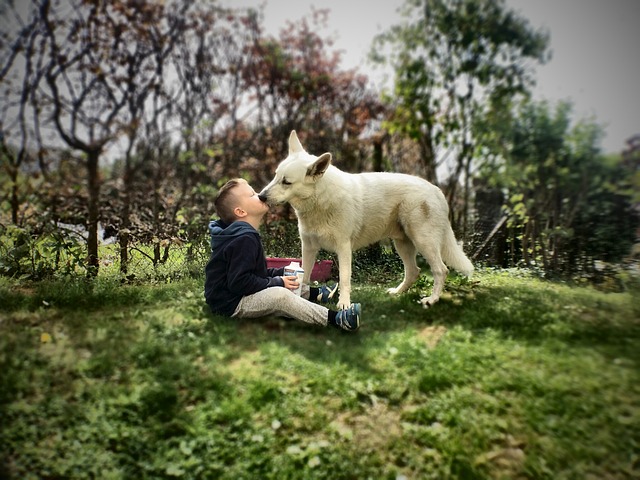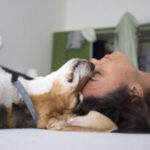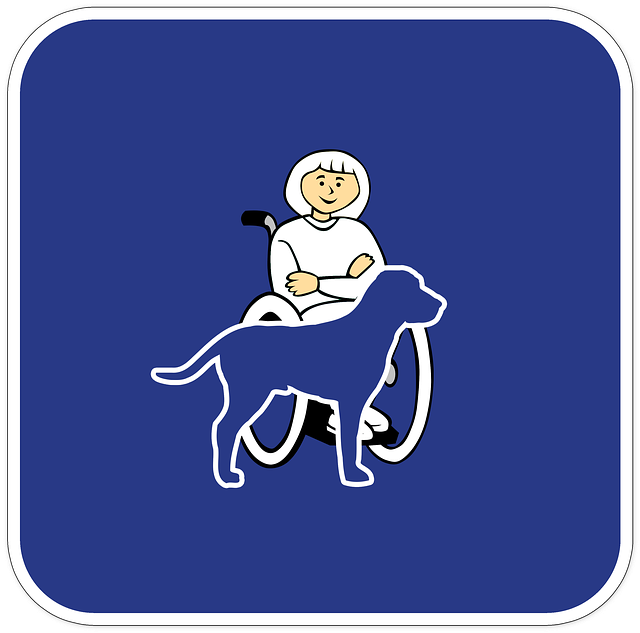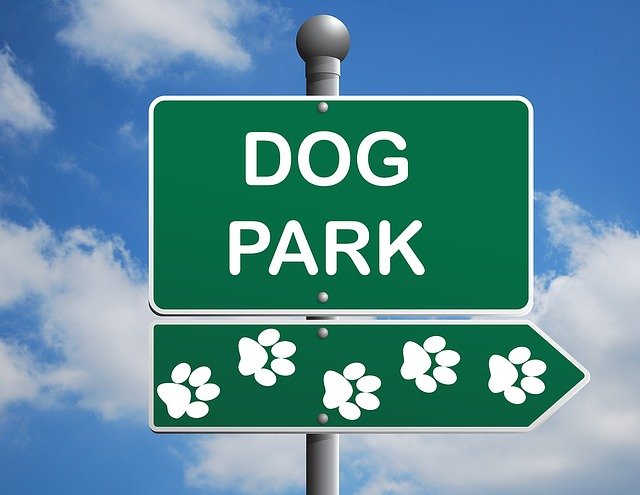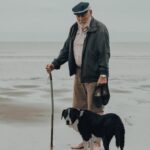Those who know me know I can honestly say, “I never met a dog I didn’t like.” I admire each and every one of them, from the family pet to the search-and-rescue dogs, as well as those who assist the physically disabled and bring well-being to the emotionally challenged. I want to give them the deserved recognition, as well as some of the other animals that not only bring us joy and companionship but also do remarkable jobs to benefit and enhance our lives. 

It has been shown that people who own cats are less likely to die from heart attacks and other cardiovascular diseases. Cat owners also benefit from reduced levels of depression and stress. Like a mantra, the cat’s relaxed nature and soothing purring segues into a tranquil coexistence for both. “Dogs come when they’re called; cats take a message and get back to you later.”
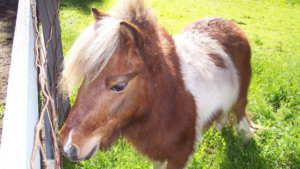 In 1999, an experimental program called The Guide Horse Foundation was started to train miniature horses to assist visually impaired people, and it continues to do so today. There was a critical shortage of guide animals, and Guide Horses have shown great promise. They perform exceptionally well at keeping their blind companion safe. They seem to be a wonderful alternative for blind horse lovers, those who are allergic to dogs, and those who want a guide animal with a longer lifespan. Many people afraid of dogs are comfortable having a miniature horse to assist them. They are also strong enough to provide support for people with physical disabilities by helping them to rise from a chair or bed. Reports show that the Guide Horses demonstrate excellent judgment, like choosing a ramp instead of stairs, and are not easily distracted by crowds and people. Here’s something I bet you didn’t know. Guide Horses are very clean and can be housebroken! Really!
In 1999, an experimental program called The Guide Horse Foundation was started to train miniature horses to assist visually impaired people, and it continues to do so today. There was a critical shortage of guide animals, and Guide Horses have shown great promise. They perform exceptionally well at keeping their blind companion safe. They seem to be a wonderful alternative for blind horse lovers, those who are allergic to dogs, and those who want a guide animal with a longer lifespan. Many people afraid of dogs are comfortable having a miniature horse to assist them. They are also strong enough to provide support for people with physical disabilities by helping them to rise from a chair or bed. Reports show that the Guide Horses demonstrate excellent judgment, like choosing a ramp instead of stairs, and are not easily distracted by crowds and people. Here’s something I bet you didn’t know. Guide Horses are very clean and can be housebroken! Really!
 In a study conducted by the Pine Street Foundation, a cancer research organization in California, compelling evidence showed that cancers hidden beneath the skin can be detected by dogs sniffing the odors of a person’s breath. According to the foundation, dogs with only a few weeks of basic training learned how to distinguish between breath samples of lung accurately- and breast-cancer patients and healthy subjects. Previous studies have confirmed the ability of trained dogs to detect skin cancer melanomas by sniffing skin lesions. Nicholas Broffman, executive director of the Pine Street Foundation, states that lung and breast cancer patients are known to exhale patterns of biochemical markers in their breath. Cancer cells, he goes on to explain, emit different metabolic waste products than normal cells, which can be detected by a dog’s keen sense of smell, even in the early stages of disease.
In a study conducted by the Pine Street Foundation, a cancer research organization in California, compelling evidence showed that cancers hidden beneath the skin can be detected by dogs sniffing the odors of a person’s breath. According to the foundation, dogs with only a few weeks of basic training learned how to distinguish between breath samples of lung accurately- and breast-cancer patients and healthy subjects. Previous studies have confirmed the ability of trained dogs to detect skin cancer melanomas by sniffing skin lesions. Nicholas Broffman, executive director of the Pine Street Foundation, states that lung and breast cancer patients are known to exhale patterns of biochemical markers in their breath. Cancer cells, he goes on to explain, emit different metabolic waste products than normal cells, which can be detected by a dog’s keen sense of smell, even in the early stages of disease.
Helping Hands: Highly trained monkeys can assist quadriplegics and other people with severe spinal cord injuries with daily activities. The monkeys are raised and trained to act as live-in companions who will give the people they help the gifts of independence, companionship, dignity, and hope.

The monkeys are trained to respond to a laser pointer and can pick up objects from the floor that normally stay there until help arrives. They can open a refrigerator, retrieve a bottle of water, open the cap, insert a straw into the bottle, and put it into its holder on the handicapped person’s chair. They turn lights on and off, bring the phone and remote for the TV, and do other tasks that would otherwise not be possible in the daily lives of people who can’t, including flipping pages in a book or magazine, scratching itches, and even warming up food in the microwave.
These wonderful, loving animals are not only companions but also caregivers. They never cease to amaze me and have earned my utmost respect.
